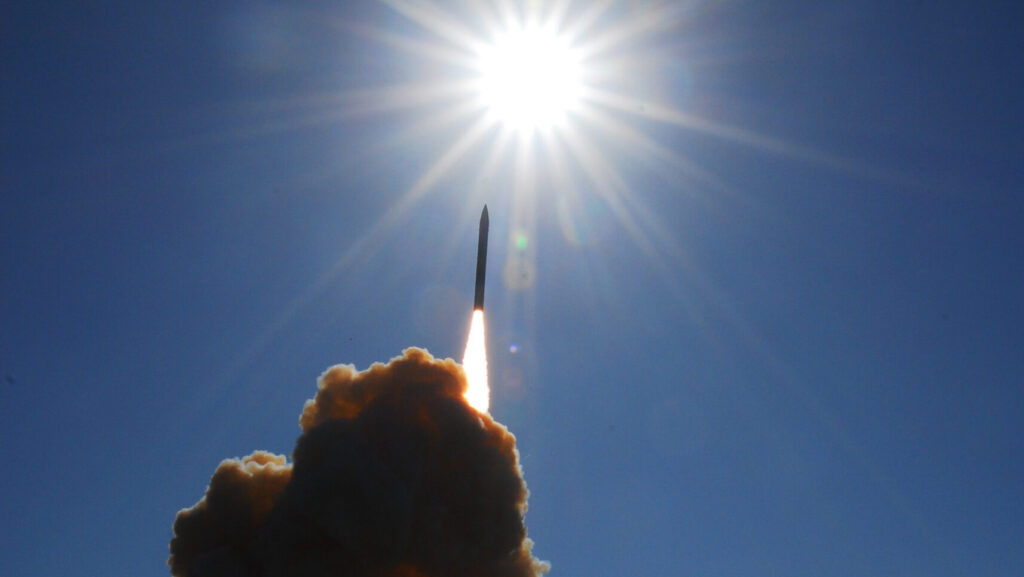Or....and here's a totally off the wall thought...
1)Take an off the shelf refinery design...or buy one if private industry doesn't want it any more. Here's the current ones.
https://natural-resources.canada.ca/sites/nrcan/files/energy/images/Refinery-Map-Large-E.gif
2)Fund it through public/private partnership funding....with the project designated of National importance.
- 1/4 owned by government of Canada (see point 3)
- 1/4rd owned by province on Ontario (or whatever province it's built in). This is the carrot for their voters.
- 1/4rd buy in by First Nations in area + transportation corridor. May be a combination of buy in ownership over time via split proceeds. This is to acknowledge potential impacts.
- 1/4 private equity investment which reduces their risk but also avoids full taxpayer costs.
3) Take said refinery and offer a 20 year contract operations lease on it. While there are Canadian companies that operate integrated production/refinery options there are also US operations that focus on just refineries. Don't care....public posting and bid release. Heck if it's a US company it's a "win" for them as it's Canadian revenue going to US.
4) Take 25% of the proceeds and and put it in a separate wealth fund that is a) designed to cover environmental liabilities and b) allow for future economic infrastructure investments.
I get that refineries are stinky, best built down wind of major centers, and low per unit produced profit items (aka big refineries are overall better economically than small ones). But now you have a) helped break the US dependency on refineries. b) provided an option to offshore oil purchases c) added national level infrastructure and d) have a bargaining chip to use internationally.
I have to think it's tough for Canada to be taken serious at discussions like G7 about climate change, human rights, or commitment to international trade embargos when we still import so much oil off the open market - some of which is coming from less than pristine reputation sources. Likewise if you want to talk to say - Germany - about buying new military items you now have a lever to sweeten the deal...X dollars + Y barrels of refined oil for your country at fixed price.
While connections to Eastern Canada are key I also think of even holding terminals at Churchill (for seasonal deliveries) and/or expanded BC options (Prince George and then refined products to Kitamat?).







